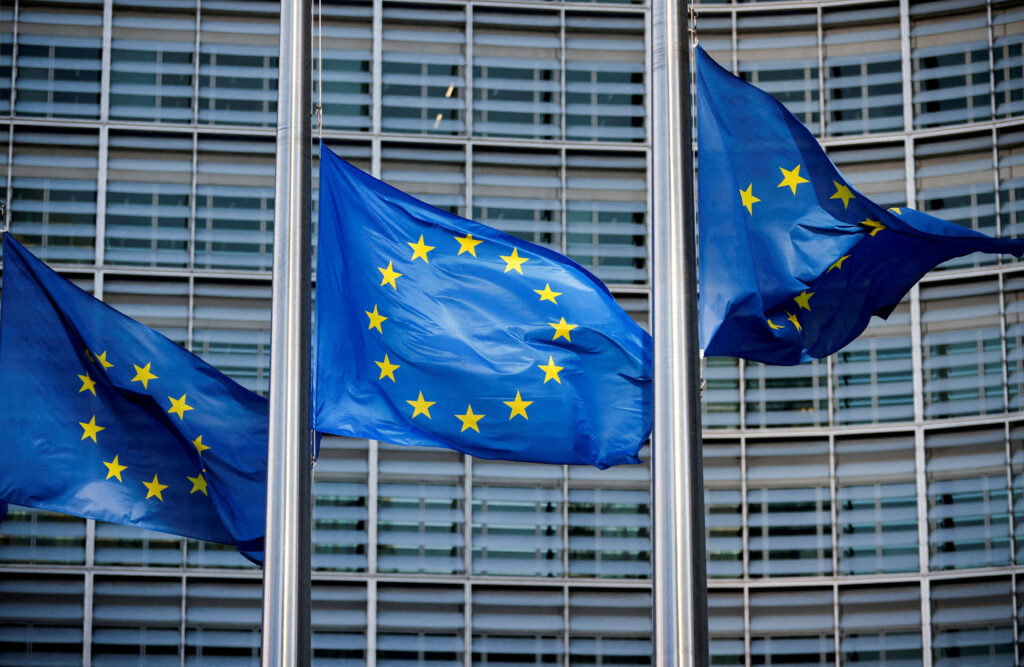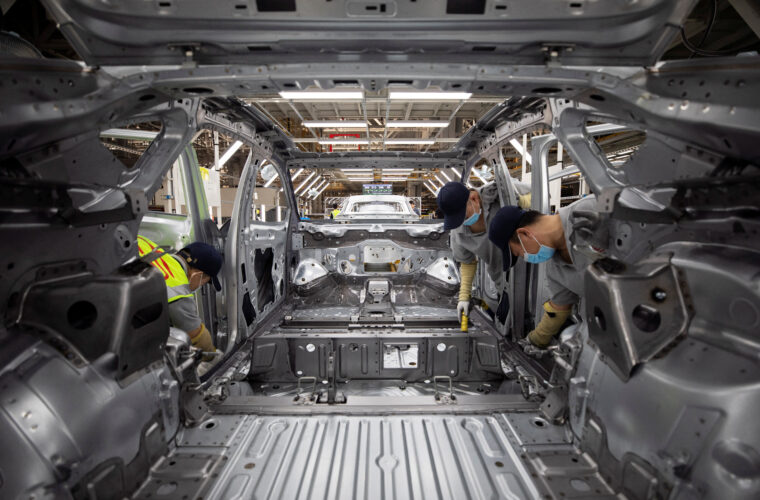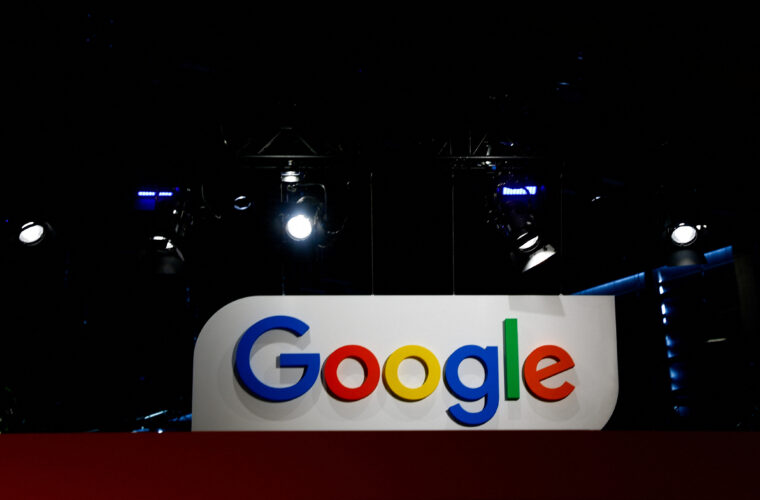By Philip Blenkinsop
BRUSSELS (Reuters) – European Union governments formally cleared on Monday a new law designed to ensure the bloc produces 40% of its solar panels, wind turbines, heat pumps and other clean tech equipment and to help European industry compete with U.S. and Chinese rivals.
The Net Zero Industry Act (NZIA) will enter force next month or early July once it has been signed by the presidents of the European Parliament and the Council and is published in the EU’s official journal.
WHY IT’S IMPORTANT
The act is a centrepiece of the EU’s push to ensure it is not only a global leader in cutting greenhouse gas emissions, but also in manufacturing the technology required.
Europe is increasingly relying on China, which is forecast to have 80% of global manufacturing capacity in solar power. The EU also has concerns that the $369 billion of green subsidies in the U.S. Inflation Reduction Act will entice European producers to relocate.
CONTEXT
The bloc has set a 2030 target of producing 40% of the products it needs to reduce greenhouse gas emissions. These will cover renewable energy, nuclear power, heat pumps, electrolysers and other decarbonising technologies, including carbon capture.
The EU is also aiming to reach 15% of global production of these technologies by 2040.
The NZIA proposes streamlining the granting of permits for projects that boost EU manufacturing, ensuring most are issued within six to nine months.

Public authorities buying clean tech products will have to base their choices not only on price but with a 30% weighting to an offer’s sustainability and resilience – the degree to which the EU relies on supply from a single third country.
Hitting the target will be particularly tough in solar, given EU manufacturers supply fewer than 3% of EU panel deployments and are fighting for survival. The EU wind energy sector is far stronger, although Chinese companies are gaining a foothold.



